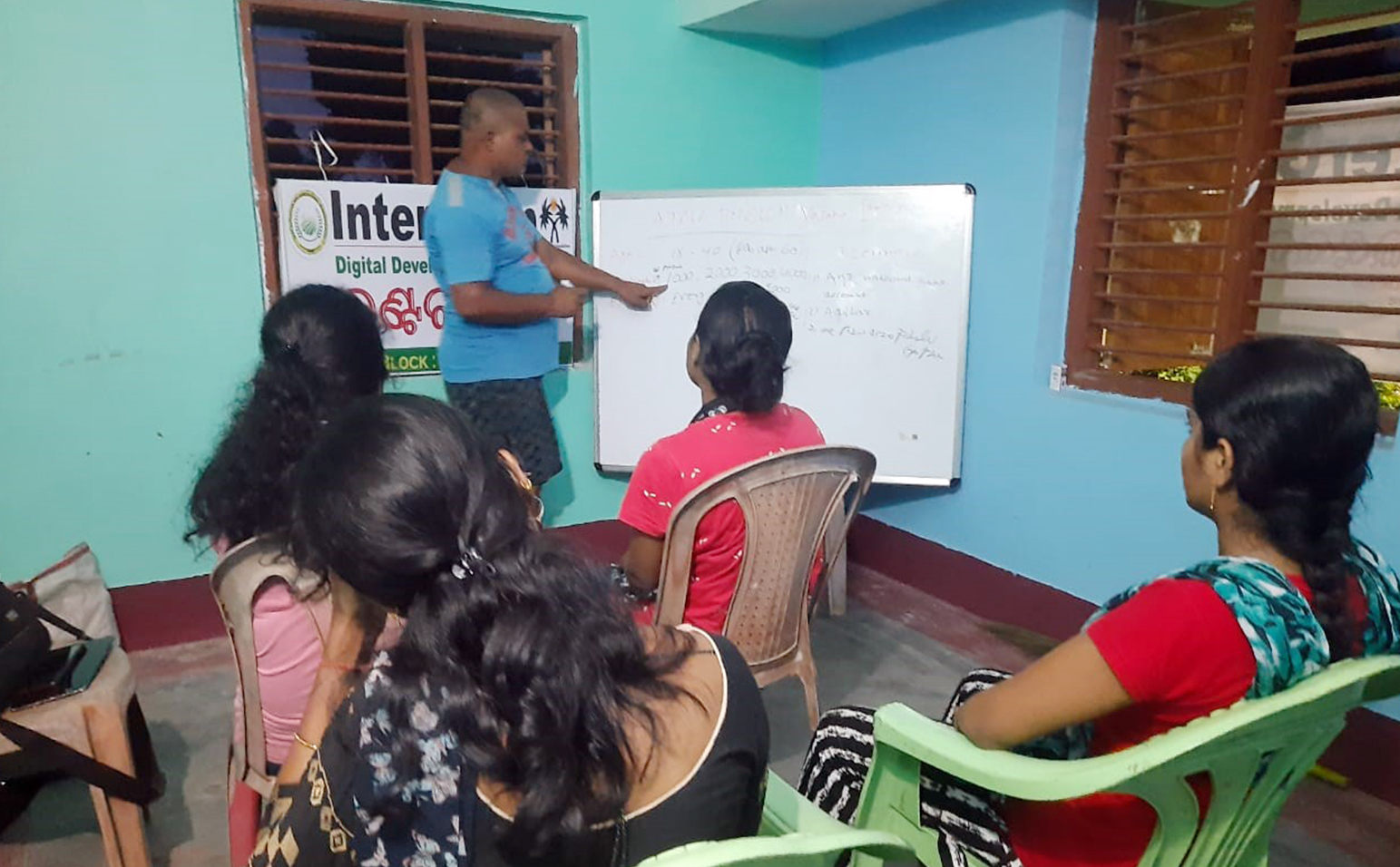FOCUS AREAS
Financial Inclusion

PLS: Formal banking services enable poor households to smooth their income volatility and reduce their vulnerability to negative financial shocks through improved access to savings, credit and payment instruments. In the absence of disciplined savings, unexpected livelihood disruptions resulting from natural calamities and family emergencies have a massive impact on their financial health and well-being. Behavioral Science studies have shown that though the poor with irregular income streams face severe self-control issues they have certain inherent cognitive biases that can be tapped to promote positive savings behavior. Several countries around the world have leveraged this “optimism bias” of the poor by introducing prize-linked savings (PLS) accounts. Crosslinks Foundation and its research partner ISEC piloted a PLS intervention in 200 villages of Jagatsinghpur District, Odisha and demonstrated a 1000%+ increase in pension scheme enrolments among survey households in control villages compared to baseline level.
- Address
Somasundarapalaya, HSR Layout
Bangalore, India 560102
- Phone
+1-(540)282-8076 (USA)
